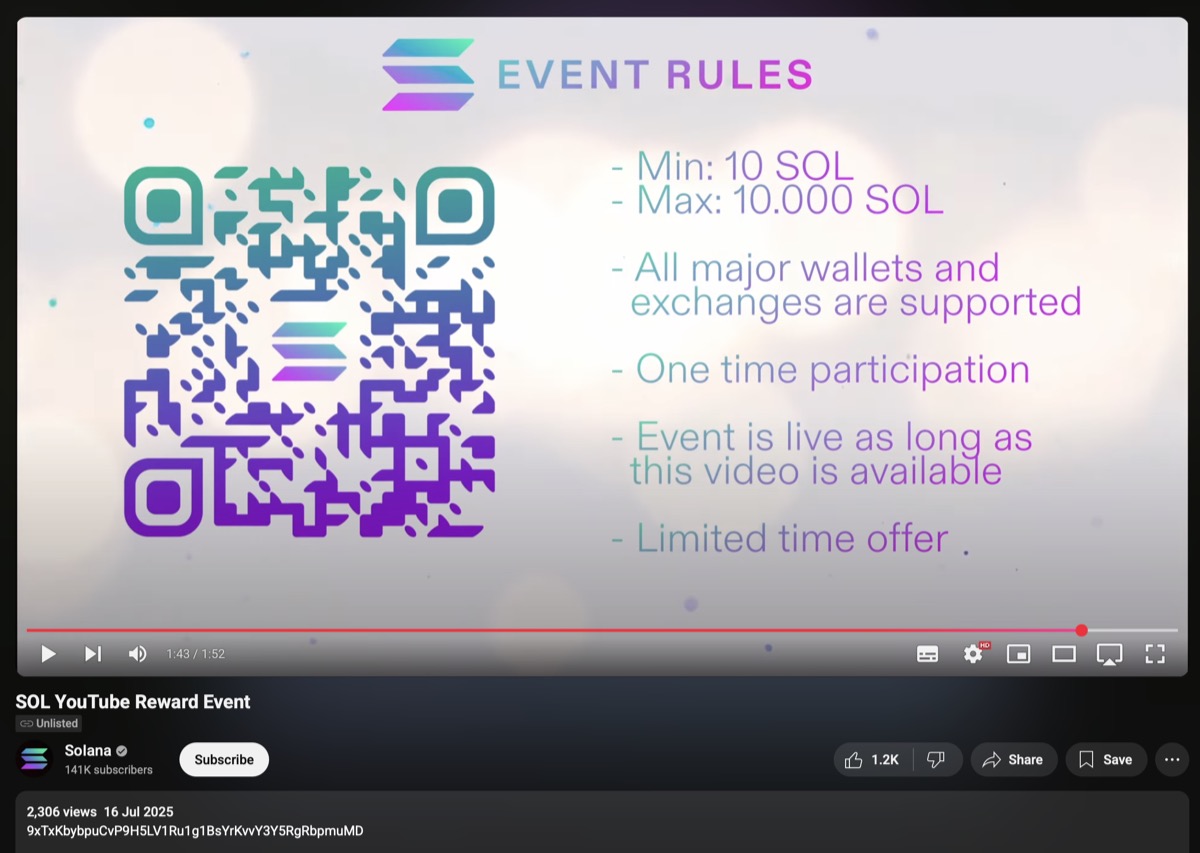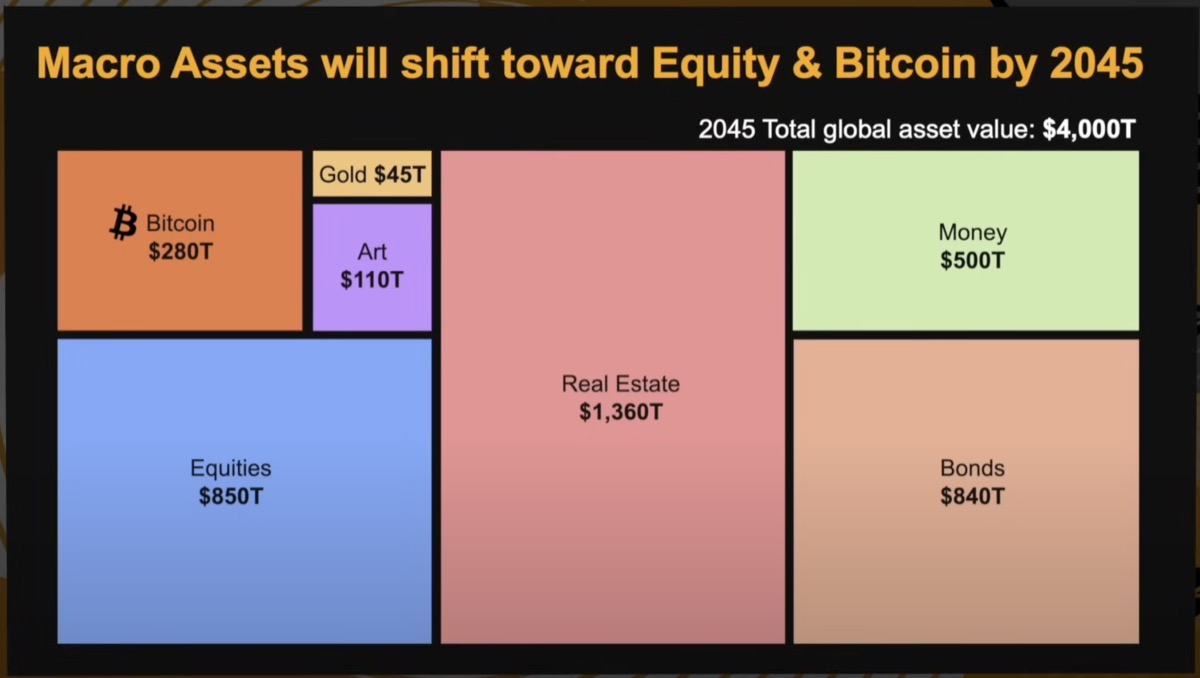What’s Behind the Flood of Recovery Phrases in YouTube Comments? Let's expose the scam
If you’ve browsed the comments under popular YouTube videos recently, especially those related to cryptocurrency, finance, or tech, you may have noticed a strange trend: numerous accounts posting what they call their “recovery phrase” or “seed phrase.” At first glance, it might seem harmless or even confusing—but this is a carefully orchestrated scam tactic.
Let’s break down how it works and why it’s so dangerous.
1. Spamming Seed Phrases in Comments
One common tactic scammers use is to post fake, spammy comments on videos, blogs, and forums claiming to have valuable tokens in their wallets. For example, they might say something like:
Thanks for sharing! I need some advice: My OKX wallet holds some USDT, and I have 12 words: iron observe slam major mad decorate feed photo awesome vast kitchen faint. What’s the best way to send them to Binance?
These comments will include a seed phrase, which seasoned crypto user will think that the user is stupid, but actually they are ingenious.
The scammer hope that unsuspecting users will import the seed phrase into their own wallets to “help” or view the contents. In reality, these seed phrases are part of a scam where the scammer retains full control over any wallet they’ve shared.
2. Creating Wallets from Exposed Seed Phrases
When someone imports a seed phrase from a random YouTube comment or online post, they may think they’re accessing a new wallet. However, this is not the case.
Even if you don’t see any funds in one wallet, scammers can monitor multiple wallets associated with that seed phrase. If you send any funds to one of these wallets, the scammer can simply transfer the assets to another wallet under their control.
3. Bricking Non-Transaction Accounts (NONS)
One of the more technical methods scammers use is “bricking” an account. This is done by creating a non-transactional (NONS) account on the Solana blockchain, which cannot process transactions normally. The scammer controls the account, and when someone unknowingly sends tokens to that wallet, they can’t get the funds back. In essence, the wallet gets “bricked,” and the funds are lost forever.
Here’s how it works:
- A scammer creates a NONS account tied to a compromised seed phrase.
- Unsuspecting users send SOL to this address, hoping to use it to cover the gas fees for “stealing the other tokens” in the wallet
- But the NONS account is not a normal wallet, and has an authority that can control it (closing and returning all the rent)
In other words, this seemingly normal wallet is a bricked account that you can’t manipulate.
4. The Drainer Bot
Scammers also include the use of a “drainer bot,” which automatically transfers any funds deposited into a compromised wallet to the scammer’s personal wallet. This bot is highly effective in quickly draining funds before the victim realizes what has happened.
In a matter of seconds, they will transfer faster than your fingers.
5. Create the Illusion of Normalcy
By spamming countless comments across multiple videos, scammers aim to create the illusion that posting or sharing a recovery phrase is a common and harmless practice. Seeing so many similar comments can make unsuspecting viewers question their own understanding of security.
This is a classic social engineering tactic—when something appears “normal” or widely accepted, people are more likely to follow suit.
How to Stay Safe:
- Never share your recovery phrase. It is a secret key to your wallet, and no legitimate service will ever ask for it.
- Ignore these comments. They are part of a scam and should not be trusted, even if they seem genuine or widely supported.
- Report suspicious comments. Help prevent others from falling victim by flagging these scam comments when you see them.
- Educate others. Spread the word about this scam to protect less experienced users in the crypto community.
Final Thoughts
The influx of YouTube comments posting recovery phrases is not an innocent trend; it’s a calculated effort by scammers to exploit unsuspecting users. You might think they are stupid and tried to exploit them, but it is the opposite.
Don’t ever touch recovery phrase that are in the public.






